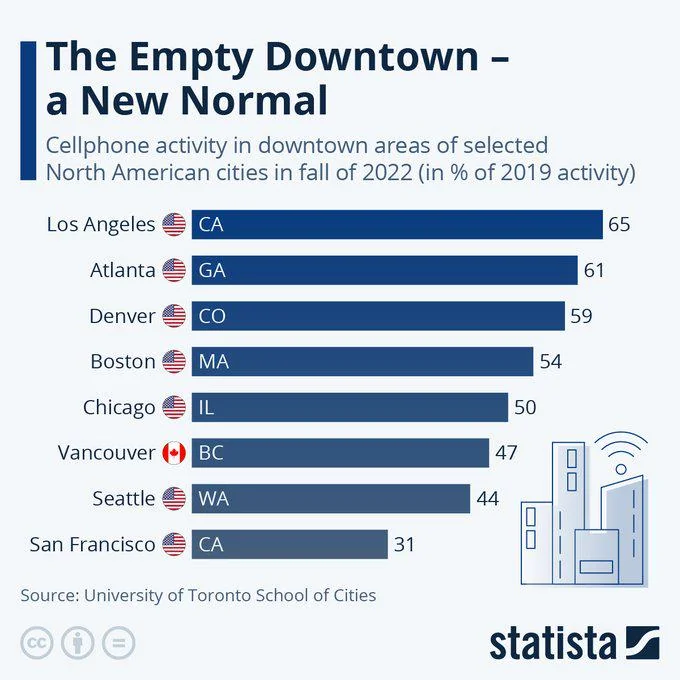this post was submitted on 23 Dec 2023
47 points (94.3% liked)
GenZedong
4186 readers
25 users here now
This is a Dengist community in favor of Bashar al-Assad with no information that can lead to the arrest of Hillary Clinton, our fellow liberal and queen. This community is not ironic. We are Marxists-Leninists.
This community is for posts about Marxism and geopolitics (including shitposts to some extent). Serious posts can be posted here or in /c/GenZhou. Reactionary or ultra-leftist cringe posts belong in /c/shitreactionariessay or /c/shitultrassay respectively.
We have a Matrix homeserver and a Matrix space. See this thread for more information. If you believe the server may be down, check the status on status.elara.ws.
Rules:
- No bigotry, anti-communism, pro-imperialism or ultra-leftism (anti-AES)
- We support indigenous liberation as the primary contradiction in settler colonies like the US, Canada, Australia, New Zealand and Israel
- If you post an archived link (excluding archive.org), include the URL of the original article as well
- Unless it's an obvious shitpost, include relevant sources
- For articles behind paywalls, try to include the text in the post
- Mark all posts containing NSFW images as NSFW (including things like Nazi imagery)
founded 4 years ago
MODERATORS
you are viewing a single comment's thread
view the rest of the comments
view the rest of the comments

Are downtown areas really the best type of data to analyze potential "ghost cities"? This feels like a misrepresentation. The residential designated areas in San Francisco and Los Angeles for example are over capacity and there has been a shortage for over 2 decades at this point.
Downtown areas by definition are the commercial enterprise and business sector of a city. The “vacancy” number here is looking at dead office spaces and commercial real estate, it isn’t even possible to build designate residential areas in a downtown commonly.
This is also mostly due to the pandemic, and increasingly larger numbers of workplaces switching to remote work.
Further, the death of brick and mortar stores, shopping malls, and other commercial enterprises also contributes to this number.
I'd argue that once the commercial enterprise and business sector of a city dies off the rest necessarily follows. People living in suburbs and and the periphery tend to have jobs downtown. So, once the jobs start disappearing then people have to go find work somewhere else too.
It's true that remote work is a factor in this, but general economic downturn is playing a role here as well. Consumer spending is down, and this is causing a lot of the stores to shutter due to lack of business. There's also secondary impact from remote work here as well, since less people coming downtown means less business.
The whole organization of the cities is ultimately a reflection of economic organization. We're now seeing a shift to remote work in some sectors as you mention, but also lots of other economic changes happening in parallel with that. So, I do think it's fair to say that cities are now dying out because the economy that used to support them is disappearing.